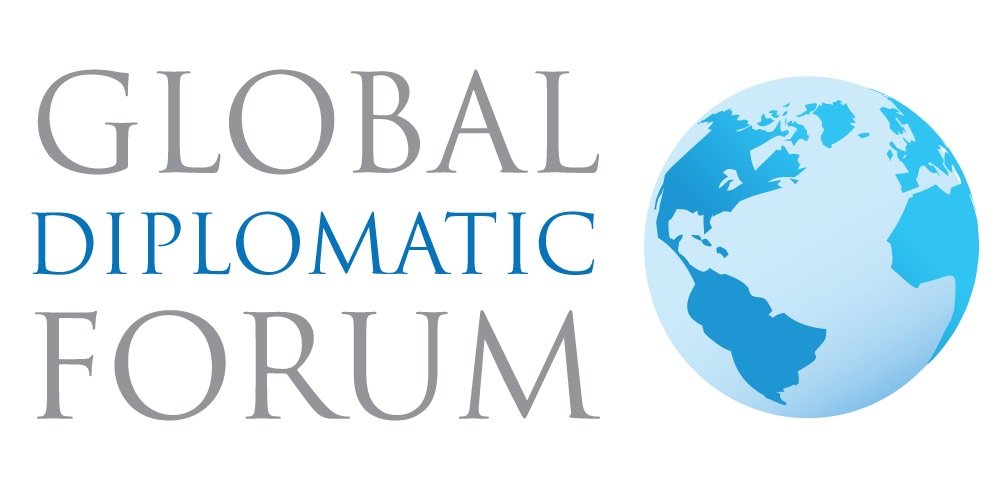The Art and Importance of Diplomatic Writing
Diplomatic writing is an essential skill for those engaged in international relations, providing a means to communicate complex ideas and policies effectively and respectfully. This skill is vital for fostering understanding and cooperation between nations.
Why Diplomatic Writing Needs to be Learned
Clarity and Precision: Diplomats must convey messages clearly and accurately to avoid misunderstandings that could escalate conflicts. Ambiguity can lead to misinterpretation, which is detrimental in diplomacy.
Formal Tone and Style: Diplomatic writing demands a formal tone that reflects respect and professionalism. This formality ensures that communications are taken seriously and maintains the decorum required in international relations.
Cultural Sensitivity: Diplomatic communications often involve diverse cultures with different customs, values, and communication styles. Understanding and respecting these differences is crucial. For instance, indirect communication might be preferred in some cultures, while others may value directness.
Conciseness: Efficient communication in diplomacy involves being concise yet comprehensive. Long-winded explanations can be counterproductive, while succinct writing ensures the message is conveyed without unnecessary delay.
Analytical Skills: Diplomatic writing often involves providing analysis and recommendations. This requires a deep understanding of international issues and the ability to present arguments logically and persuasively.
Considerations in Diplomatic Writing
Audience: Understanding who the recipients are is crucial. Whether writing to a foreign diplomat, a government official, or an international organisation, the tone and content should be tailored accordingly.
Cultural Differences: Different cultures have different expectations regarding communication. For example, Asian cultures may value harmony and indirectness, while Western cultures may prioritise directness and clarity. A diplomat must be aware of these differences to ensure effective communication.
Language Nuances: Nuances in language can lead to different interpretations. Phrases and idioms that are commonplace in one language might be confusing or even offensive in another. Therefore, simplicity and clarity in language use are essential.
Diplomatic Etiquette: Adhering to diplomatic etiquette, such as using titles correctly and respecting protocol, is vital. Missteps in etiquette can lead to diplomatic faux pas, potentially harming relations.
Confidentiality and Security: Diplomatic writing often involves sensitive information. Ensuring the confidentiality and security of communications is paramount to protect national interests and maintain trust between nations.
Types of Diplomatic Documents
Policy Briefs: Summarise policy issues and provide recommendations. These are essential for informing decision-makers about key issues and possible actions.
Reports: Situation and analytical reports offer updates and in-depth analysis of specific issues, providing a basis for informed decision-making.
Official Correspondence: Letters and communiqués between diplomats and governments require careful wording to maintain formal relations and convey messages effectively.
Treaties and Agreements: Drafting treaties and agreements necessitates precise language to ensure all parties have a clear understanding of their obligations and rights
